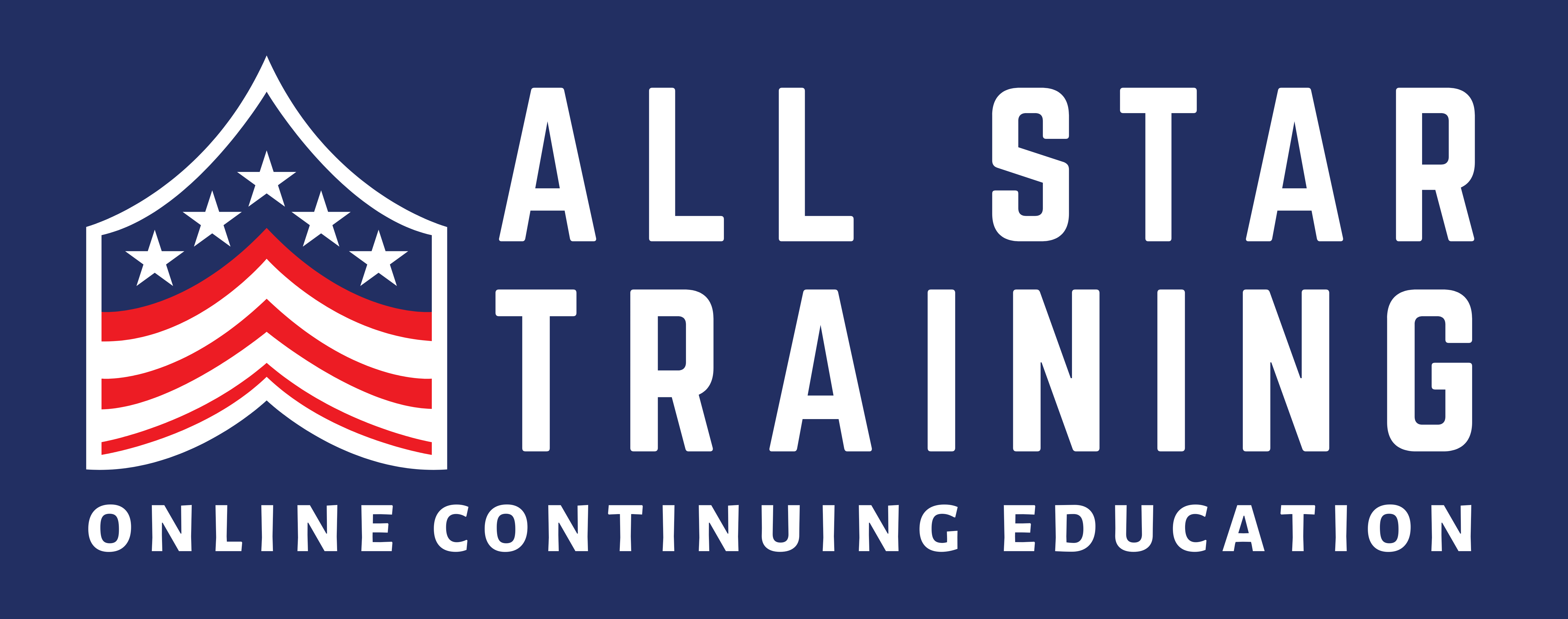
Earn Your HVAC CEUs in Texas: Find the Best Options
As a licensed HVAC professional in Texas, continuing education is a critical part of staying up-to-date with industry regulations and advancements. The state of Texas also requires all licensed HVAC contractors to complete continuing education credits each year to maintain their license. The goal of these requirements is to ensure that HVAC contractors are knowledgeable, skilled, and equipped to provide safe and effective services to the public.
To help HVAC professionals meet their continuing education requirements, there are several options available, including online courses, live classes, and webinars. This article will explore the different options available for HVAC CEUs in Texas and help you choose the best option for your needs.
Online Courses
One of the most convenient options for earning CEUs is through online courses. There are a number of websites and platforms that offer HVAC CEU courses that can be taken from the comfort of your own home. All Star CE is of the top providers of online HVAC CEUs approved by TDLR:
- All Star Training – A Leading Provider of TDLR-Approved CE Courses
Online courses are a great option for ACR/HVAC professionals who have busy schedules, as they can be taken at any time, and are accessible 24/7. They are also often more affordable than in-person classes, and you can easily track your progress and keep your CEU records up to date.
In-Person Classes
For those who prefer a more traditional classroom experience, there are a number of HVAC CEU classes available in Texas. These classes are usually offered by local trade schools, technical colleges, and HVAC organizations. They are a great way to network with other HVAC professionals, and offer hands-on learning opportunities.
In-person classes are typically more expensive than online courses, but they offer a more immersive learning experience and allow for hands-on demonstrations of HVAC systems. Additionally, attending in-person classes can give you the opportunity to ask questions and interact with experienced HVAC instructors. An example of in-person CE are classes provided by industry & trade associations such as the ACCA:
On-the-Job Training
Another option for earning HVAC CEUs in Texas is through on-the-job training. Many HVAC companies offer in-house training programs for their employees, which can include hands-on training and technical courses. Some HVAC companies also offer CEU credit for participating in training programs but these must be approved by TDLR.
This type of training is ideal for HVAC professionals who prefer a more hands-on learning experience and want to stay up to date with the latest industry advancements and techniques. On-the-job training programs are also a great way to develop new skills and stay relevant in a constantly changing industry.
Trade Shows and Conferences
Finally, HVAC professionals in Texas can earn CEUs by attending trade shows and conferences. These events offer a wealth of information on the latest HVAC industry trends and advancements, as well as hands-on demonstrations and workshops.
Attending trade shows and conferences is a great way to network with other HVAC professionals and stay up to date on the latest industry advancements. These events also offer a variety of CEU credit options, making it easy for HVAC professionals to earn their required CEUs. One example of a industry conference that may include CE is the ACCA National Conference:
Choosing the Best Option for You
When choosing the best option for HVAC CEUs in Texas, it’s important to consider your learning style, budget, and schedule.
If you prefer a flexible, self-paced learning experience, a self-study program may be the best option for you. If you prefer a more interactive, hands-on learning experience, a live class may be the best option.
If you’re looking for a convenient and affordable option, online courses may be the best choice. With online courses, you can complete your HVAC CEUs from anywhere with an internet connection, at any time that’s convenient for you.
Earning your HVAC CEUs in Texas doesn’t have to be a difficult or time-consuming process. With a variety of options available, from online courses to on-the-job training, there is something to suit every learning style and schedule. Take some time to research the options that are best suited to your needs, and start earning your CEUs today!

Texas HVAC Continuing Education FAQs
To renew your air conditioning and refrigeration contractor license, you must complete 8 hours of continuing education, including 1 hour of instruction in Texas state law and rules that regulate the conduct of licensees.
Continuing education courses must be completed before your license expires. If you did not complete the required courses prior to your license expiration, you may still be eligible for a late renewal if the courses were completed within the one year period immediately prior to the date of renewal.
You can find a list of approved continuing education providers on the TDLR website. Only courses approved by the department will be accepted. If you complete coursework from a non-approved provider or if you complete the same course more than once, it will not count toward your required hours for license renewal.
You can find a list of approved continuing education providers on the TDLR website. Only courses approved by the department will be accepted. If you complete coursework from a non-approved provider or if you complete the same course more than once, it will not count toward your required hours for license renewal.
You can check your completed continuing education hours using the TDLR Continuing Education Course Search website. If your completed hours cannot be found, contact the provider first to ensure that the hours have been reported to TDLR.
Reporting continuing education hours is the responsibility of the provider. Some providers such as All Star Training report CE hours the next business day.
If your course completion is not posted seven days after you complete the course, the first thing you should do is contact your provider. They will be able to tell you what is causing the delay and what steps you can take to resolve the issue. In many cases, the problem can be resolved quickly and easily, so don’t hesitate to reach out to your provider if you are having trouble getting your hours posted.
If a provider is not reporting your completed coursework within a reasonable amount of time, you may file a complaint with the TDLR to investigate.
Yes, you must keep a copy of any certificates of completion for a period of one year and provide them to the TDLR upon request. Some providers including All Star Training keep your certificates easily accessible within your online account.
